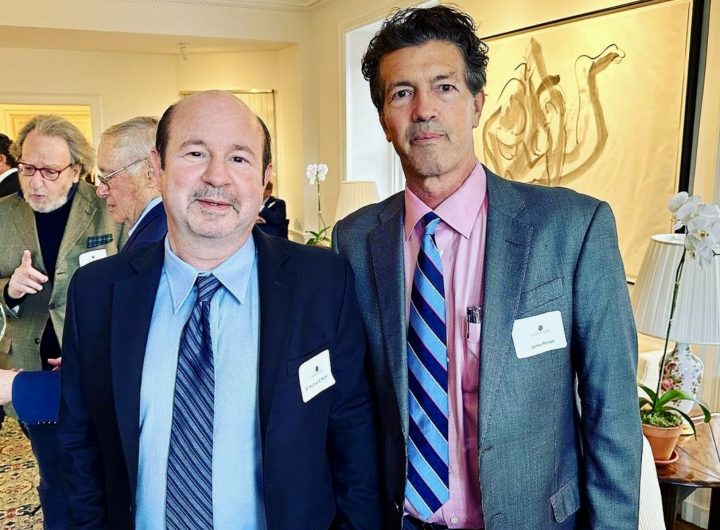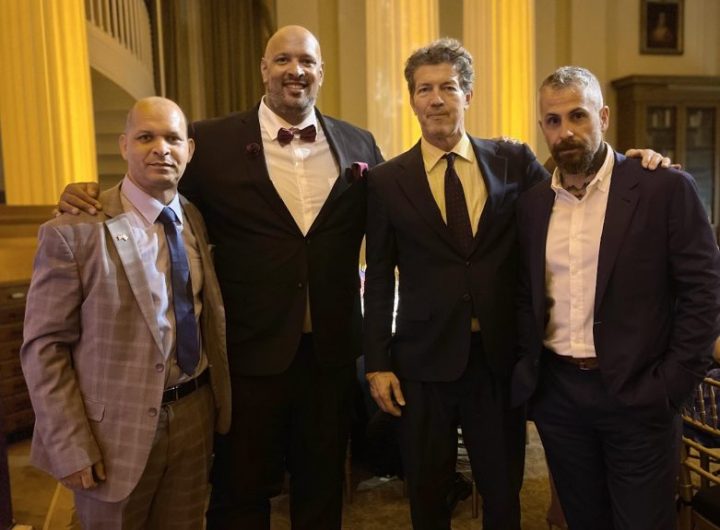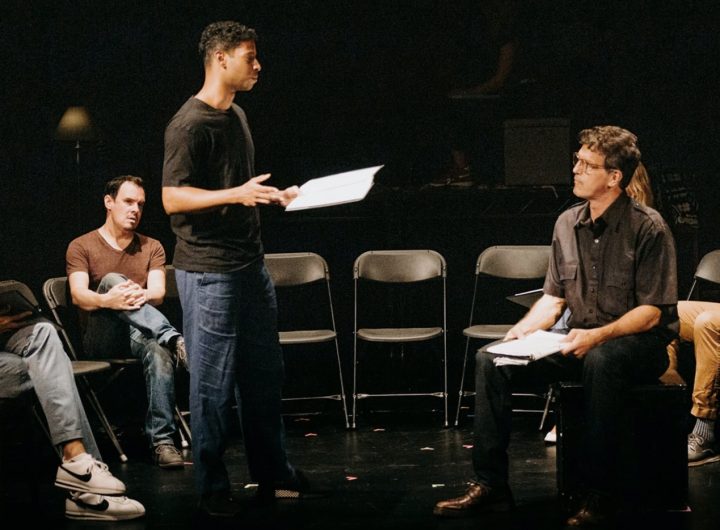When Vitalik Buterin first conceived of Ethereum, he initially thought that after getting the project off the ground, he would go back to writing for Bitcoin Magazine, and maybe head back to university.
Considering that Ethereum now has a market capitalization of about $120 billion, that seems almost unbelievable. But, “the first version of Ethereum I conceptualized was much less ambitious than what I ended up coming up with a few months later and definitely not as ambitious as what I’m thinking of right now,” he says on the latest episode of my podcast, Unchained (on Google Play, iTunes, iHeartRadio, Stitcher or TuneIn Radio).
Buterin also didn’t anticipate a number of challenges Ethereum has faced so far, including setting up the Ethereum Foundation, a Swiss entity that stewards the development of Ethereum; the DAO, a $50 million theft of a decentralized autonomous venture fund set up on Ethereum that then caused a split in the Ethereum network, resulting in a competing coin called Ethereum Classic; denial-of-service attacks; and scaling challenges.
Plus, he says, he initially thought Ethereum would be used for fairly limited purposes: “if X happened, then send $5 to account Y, if Z happens, send $5 to account B. That’s what I thought Ethereum would be used for. Over time … people starting talking about, Oh, let’s use Ethereum for IoT [Internet of Things] stuff, oh, let’s use Ethereum to implement democracy on the blockchain, Oh, let’s use Ethereum to implement identity systems, supply chain stuff, internet infrastructure, domain name stuff — and that list just kept on growing very quickly.”
Speaking of the differences between his vision and the reality, I brought up a quote by him in this 2016 Wired article in which he says, “And personally I say screw the big guy. They have enough money already,” and asked him, if he felt that way, why the Ethereum Enterprise Alliances counts companies such as JPMorgan Chase, BP and Microsoft as members.
He responded, “I do think blockchains empower people who don’t have access to, in part, finance, in part, contracting ability, in part, the ability to make other people trust them already. As far as where big companies fit in, I do think they have a role, and I do think the smart ones who take the first step and are willing to play with the technology rather than against it can survive and even benefit from the whole process.” He explained how Microsoft, in the ’90s, was seen as an evil monopoly but that now, compared to cloud companies such as Facebook, which control your data, Microsoft appears less evil because it is “on the side of people controlling their own stuff. The basic reason is that, with Web companies, you are not their customer, therefore you are their product. With Microsoft, you are still their customer, so they have a bit more of a willingness and incentive to refuse to sell out your data.”
We also discussed a tweet in which he asked whether or not the crypto community had earned the $500 billion market cap, though he quipped during the podcast, “If I was worried at $500 billion, then at $740 billion I’m even more worried.” He did cite a few social-good blockchain projects, such as a United Nations World Food program, though it’s currently on a private blockchain. He noted that such projects can’t use public blockchains yet due to scaling issues. Pondering governance issues for Ethereum, we debated whether he is a single point of failure for the project and what would happen if he were to leave (a prospect he recently raised in a tweet). For those interested in technical details, we covered proof of work vs. proof of stake consensus algorithms, the pitfalls of on-chain governance, and scaling.
Tune in to Unchained (on Google Play, iTunes, iHeartRadio, Stitcher or TuneIn Radio) and this wide-ranging conversation with perhaps the most influential young crypto player now to find out what Buterin worries about, whether he considers other blockchains a threat, how to make fairer initial coin offerings (ICOs), what he thinks of cryptokitties, his take on the Bitcoin/Bitcoin Cash split, and issues of wealth distribution in crypto.
Plus, find out why he says, “I’ve realized it’s absolutely not true that crypto people are any better than people anywhere else in the world.”





